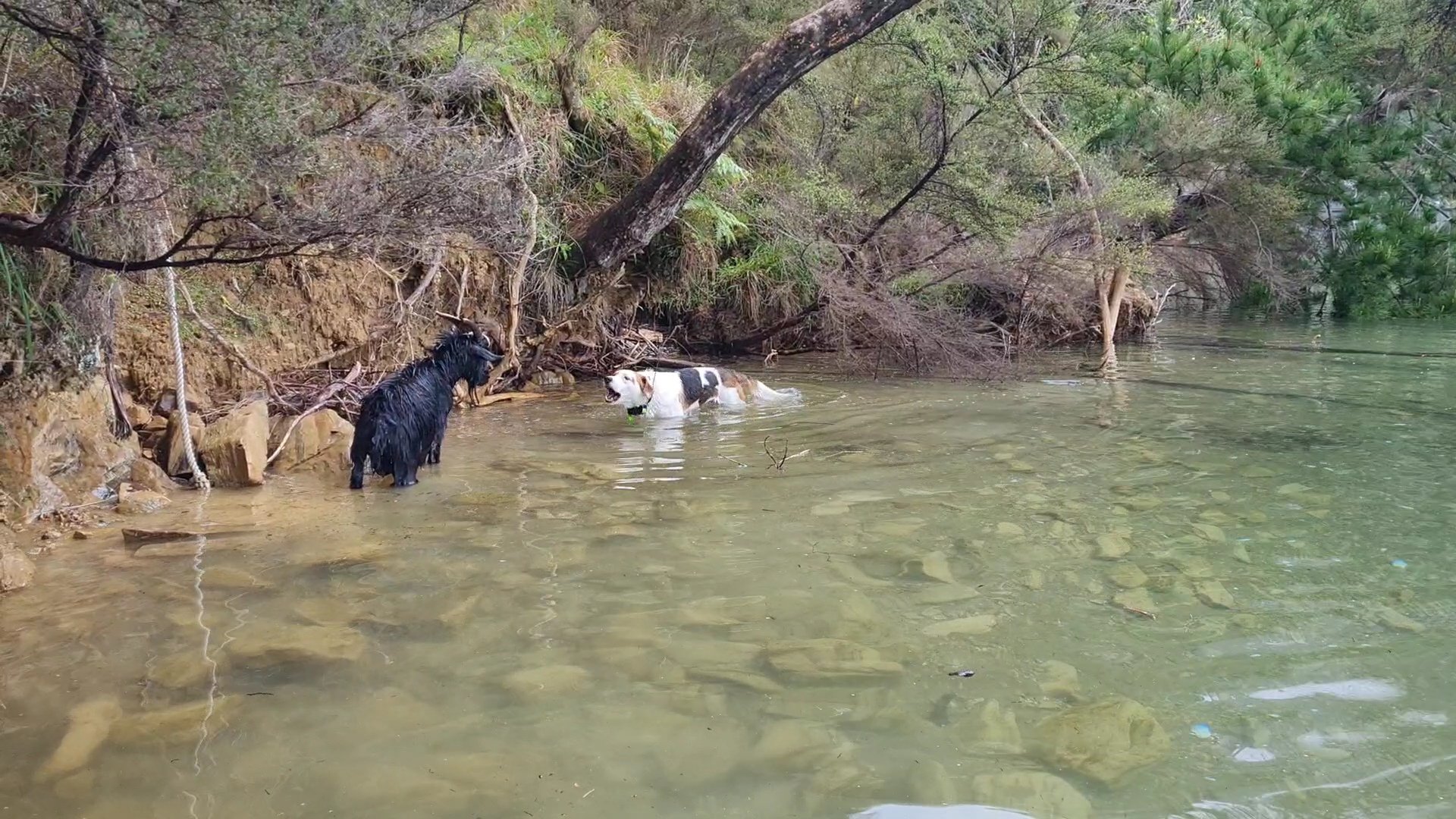
Wild Animal Control
There is a long history of deer, goat and pig presence in the Marlborough Sounds. Deer and pigs, in particular, form a valued part of the landscape, providing a reason to get into the outdoors and a source of meat for family and the community.
However, it is possible to have too much of a good thing.
Over the past decade, deer and goat populations have exploded in the Sounds. A 2021 report noted that: “Damage to the understorey is now very obvious and is found in many more areas than it has been in the recent past.”
In response to these growing pressures, the Trust resolved, in 2019, to take the initiative in responding to the increasing wild animal numbers, modelling its response on the successful wilding pine control programme it has run in the Sounds since 2008.
The objective is not to eradicate or eliminate deer, pigs or goats from the Sounds, but to reduce populations from very high numbers to more manageable levels that are not causing extensive damage to the Sounds environment. The Trust is effectively promoting a ‘population re-set’ to restore the balance between the interests of the hunting community and protecting the native forest environment of the Sounds.
Since 2022, the Trust led three large community-led control operations in Inner Queen Charlotte Sound, Outer Queen Charlotte Sound and Inner Kenepuru/Queen Charlotte Sounds.
The Trust has assisted other communities to deliver wild animal control operations, resulting in 13,500ha of control since 2021.
Kill returns have confirmed very high numbers of deer and goats in parts of the Sounds. At such high levels, this will be causing severe damage to native forests, damage to private infrastructure such as bach gardens and farm fences, and increasing the risks of slope instability, marine sedimentation and faecal contamination of water supplies.
More information on the case for wild animal control is available in this 2021 report.
SCENES FROM A DEVASTATED FOREST: High deer and goat numbers means there is no understory present in these Sounds forests, and therefore no natural succession occurring. If animal numbers are not managed, such forests will eventually collapse and give way to grassy tree-lands.



